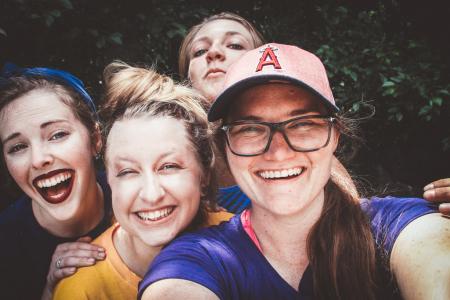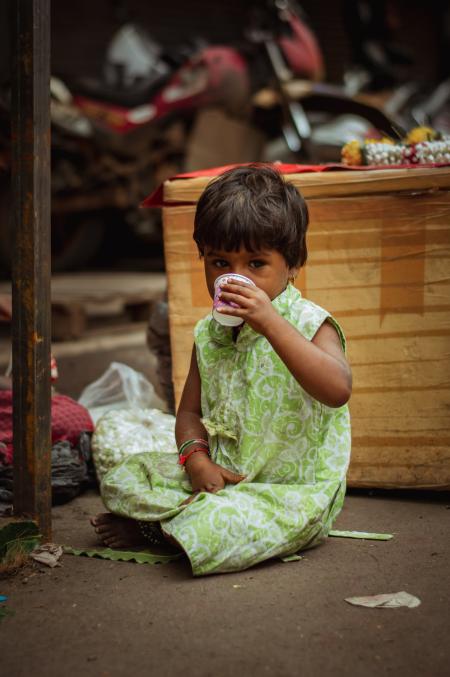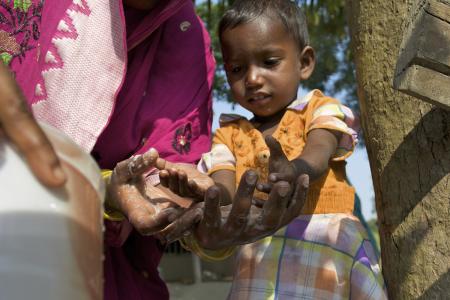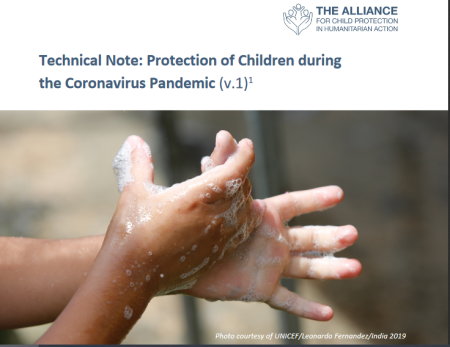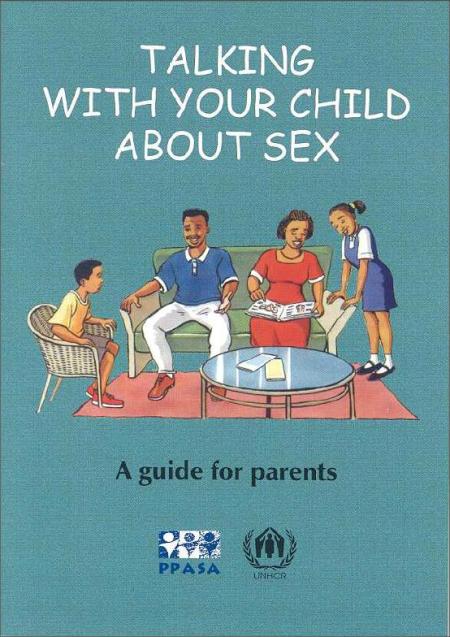
It is easy to feel overwhelmed by what you are currently hearing and reading about the Corona Virus Disease (COVID-19). It is understandable if your children are anxious.
Children may find it difficult to understand what they see on the internet or on television, or hear from other people. Hence, they may be especially sensitive to feelings of anxiety, stress and sadness.
Talking openly with children can help them understand the situation and even make a positive contribution to others.
Here is some advice:
- Ask open-ended questions and listen
- Be honest: explain the truth in a child-friendly way
- Show them how to protect themselves and their friends
- Check whether or not they experience or spread the stigma
- Take care of yourself
- Talk to your child carefully
Read the full article here.

You might like..
0
1
As a response to the Larry Nassar scandal which shocked US last year resulted in a series of articles, this one in particular discussing how to talk to children about sexual abuse. Author talked to experts about this and here is what they recommend…
0
164
UNICEF has prepared a tool "How to Protect Your Mental Health During the Coronary Virus Pandemic (COVID-19): 6 strategies for teens facing a new (temporary) situation".
You can find the full article here.
0
115
In this video you can find out about some age apropriate ways to start the conversation about racism with a child.
0
14
It's hard to support a child, who lost his/her loved one due to coronavirus. Experts from Parents Helpline share advice to help on these cases.
If your child could not say goodbye to the loved one, they may think that this did not happen…
0
865
While the world stays at home, what happens to children who live or work on the streets?
Street-connected children:
Can’t 'stay home and stay safe' if they have no home and shelters are closed
Can’t access…
yes
0
10
The coronavirus pandemic is spreading worldwide and affects everyone personally. But in fragile contexts, people are especially at risk. Terre des hommes puts in all its effort to keep up development and humanitarian aid for children while…
0
16
The Alliance for Child Protection in Humanitarian Action has developed the Technical note for the CP during COVID - 19 in order to support child protection workers in their efforts to respond to CP under these unusual circumstances.
It is…
yes
0
53
Whether they are under lockdown and out of school, in refugee camps or in crowded villages, detained, or living on the streets, institutionalized or on the move, children and young people have the right to be heard. But their views are hardly ever…
no
0
27
Dr. Hina Talib shares practical suggestions how parents can start a conversation with kids about their mental health.
0
12
At the end of January 2020, the World Health Organization declared the Coronavirus outbreak a Public Health emergency of International Concern. Four months later, as governments across the world attempt to get things back to normal, adopt measures…
0
125
The COVID-19 pandemic is ongoing. Given that there is still no cure or vaccine for this disease, it is important that we take preventative measures.
These measures are the same for all people, including people with autism. However, it should…
0
9
Many social workers will experience limitations in providing help and services during this pandemic. Because of this, addressing the ‘need complex’ becomes an even more important topic than usually. Elizabeth Clark describes the ‘need complex’ as a…
yes
0
31
The COVID-19 pandemic has had a huge impact on the practice of many professionals, including those in the field of child protection.
In order to support frontline workers and managers in their work to protect children during this time…
0
1626
This booklet is a guide for parents (adults who play a parenting role in their home). The guide helps parents to take the lead when it comes to talk with their children about sex and sexuality (so they can provide correct information and help their…
0
21
Due to measures taken to prevent the spread of the COVID-19 virus, about 1.5 billion children worldwide are no longer attending school. During self-isolation, children are forced to carry out most activities at home, including…


